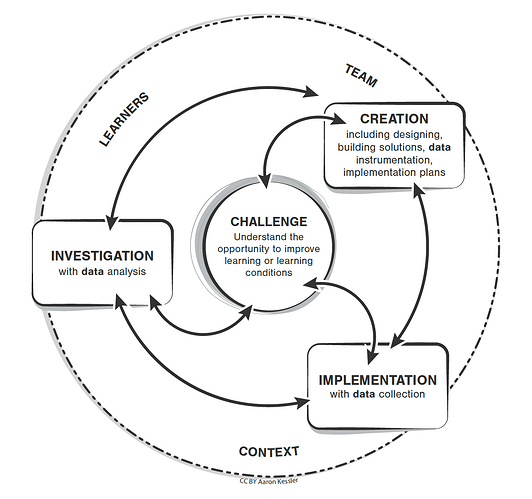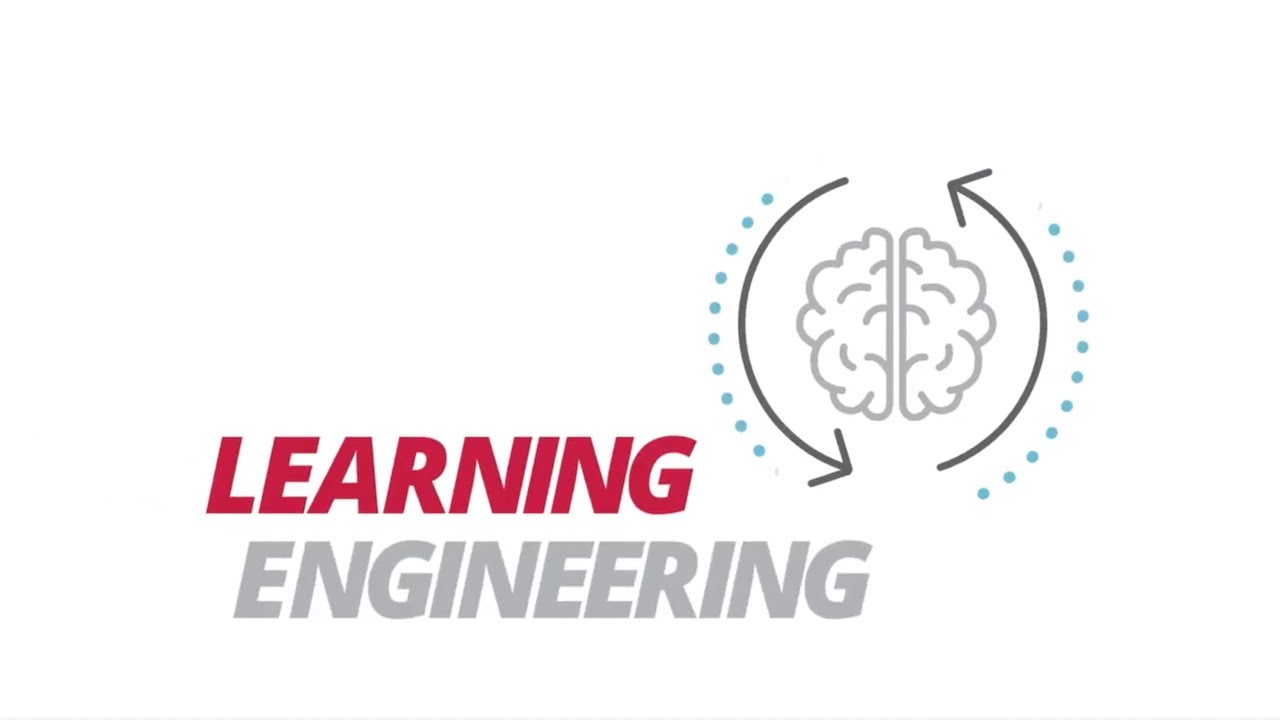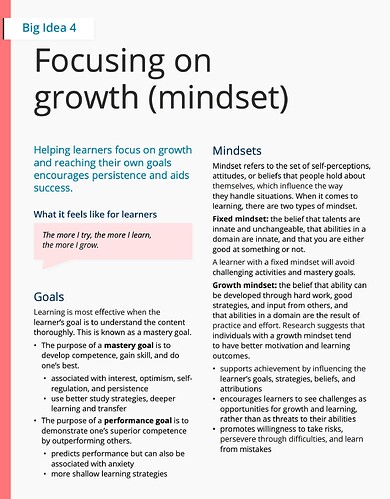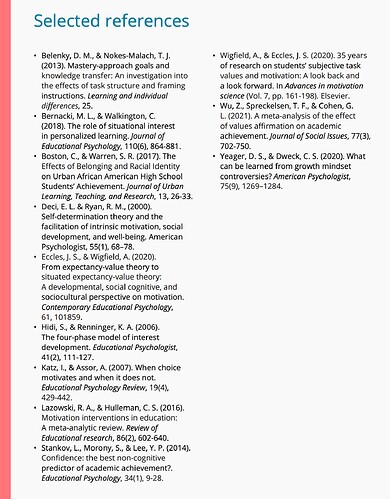Hello everyone! I attended the 2023 ICICLE Conference on Learning Engineering at Carnegie Mellon University here in Pittsburgh two weeks ago and I can’t wait to share what I’ve learned!
First, I have been grateful enough to attend this conference for the second year in a row! Here is my post from last year on what I learned ![]()
To begin, the theme for this year’s conference is “Grounding Theory in Practice,” building off of last year’s conference. The note from the chairs reads, “This year, we wanted to use that common language and process model to share examples of how we put learning engineering into practice to solve various educational challenges. Our contexts may differ greatly, but we all apply learning engineering to support learners.”
So what exactly is Learning Engineering? A lot of people think it’s the act of actually learning how to engineer (like mechanical, software, civil, etc). However, the actual definition of Learning Engineering is:
“Learning Engineering is a process and practice that applies the learning sciences using human-centered engineering design methodologies and data-informed decision making to support learners and their development.”
Here is a graphic that represents this process.
This quick YouTube video also provides a great summary:
There were many speakers at this conference, so i’ll just reference a few of them here. The first was Katherine McEldoon from Pearson. She talked about Learning Design Principles that can support the creation of a learning experience and inform data instrumentation and assessment strategies. One of those principles is “Motivation and Mindset.” This really spoke to me because I’ve been reading a lot of research recently about Mathematical Mindsets for my doctorate, especially work from Dr. Jo Boaler out of Stanford University.
I think this is such an important concept to consider whether you’re actively in the classroom, designing curriculum, a STEM specialist at a district, or any other role that involves student learning. This PDF summarizes the principle of Motivation and Mindset.
Now this is just one of the many principles that Katherine mentioned, but it was great to have all of these summaries as a resource because at the end of each summary are references that point to other research.
The next was Anne Fensie from the University of Maine. In her presentation, she discussed a model for understanding the needs of adult learners, specifically when designing technology-mediated instruction, such as online courses or e-learning modules. She also shared a publication of hers:
This was very helpful to me, because I know lots of research about how children learn, but what about adults? What about teachers? Especially with e-learning and professional development. What is the best way to effectively train teachers? This presentation enlightened me on the factors that impact adult learners in conjunction with science about our brains as we age, and how this affects learning.
There were many many speakers over three days, but in general, this conference was amazing in providing many resources and information about how to use data to inform learning.
One of the biggest phrases that I heard at this conference was that teachers engage in learning engineering each day. They try something in their classroom, collect data (most of the time not even realizing it) from social cues from their students or qualitative data from asking them questions, and the make changes to how they teach based on the data they collected.
What do you think about learning engineering? Do you feel that you already do this? If not, do you feel that implementing a framework could be beneficial? I can’t wait to hear your thoughts! ![]()




